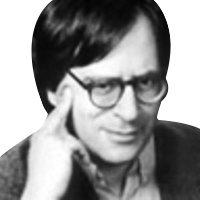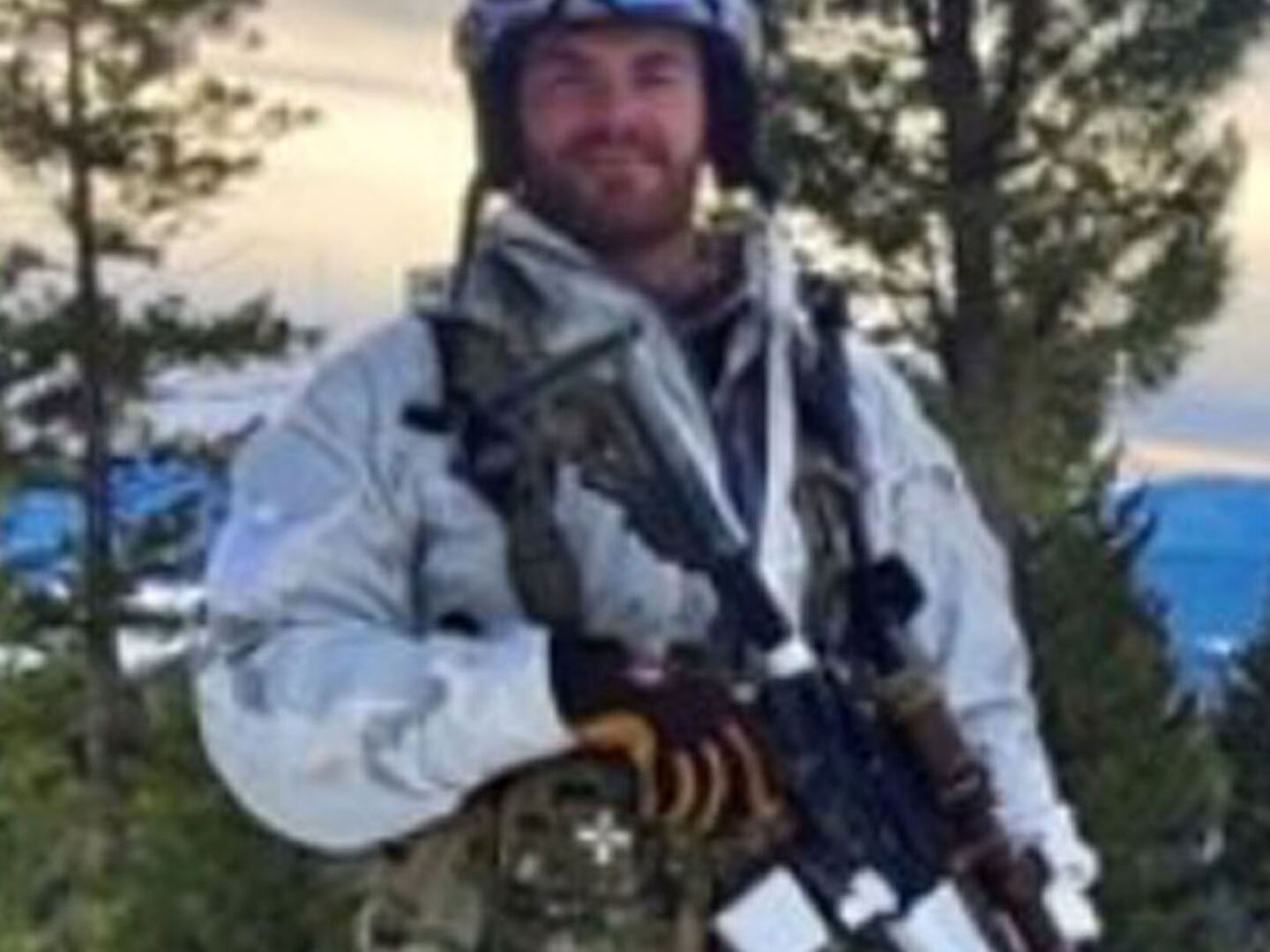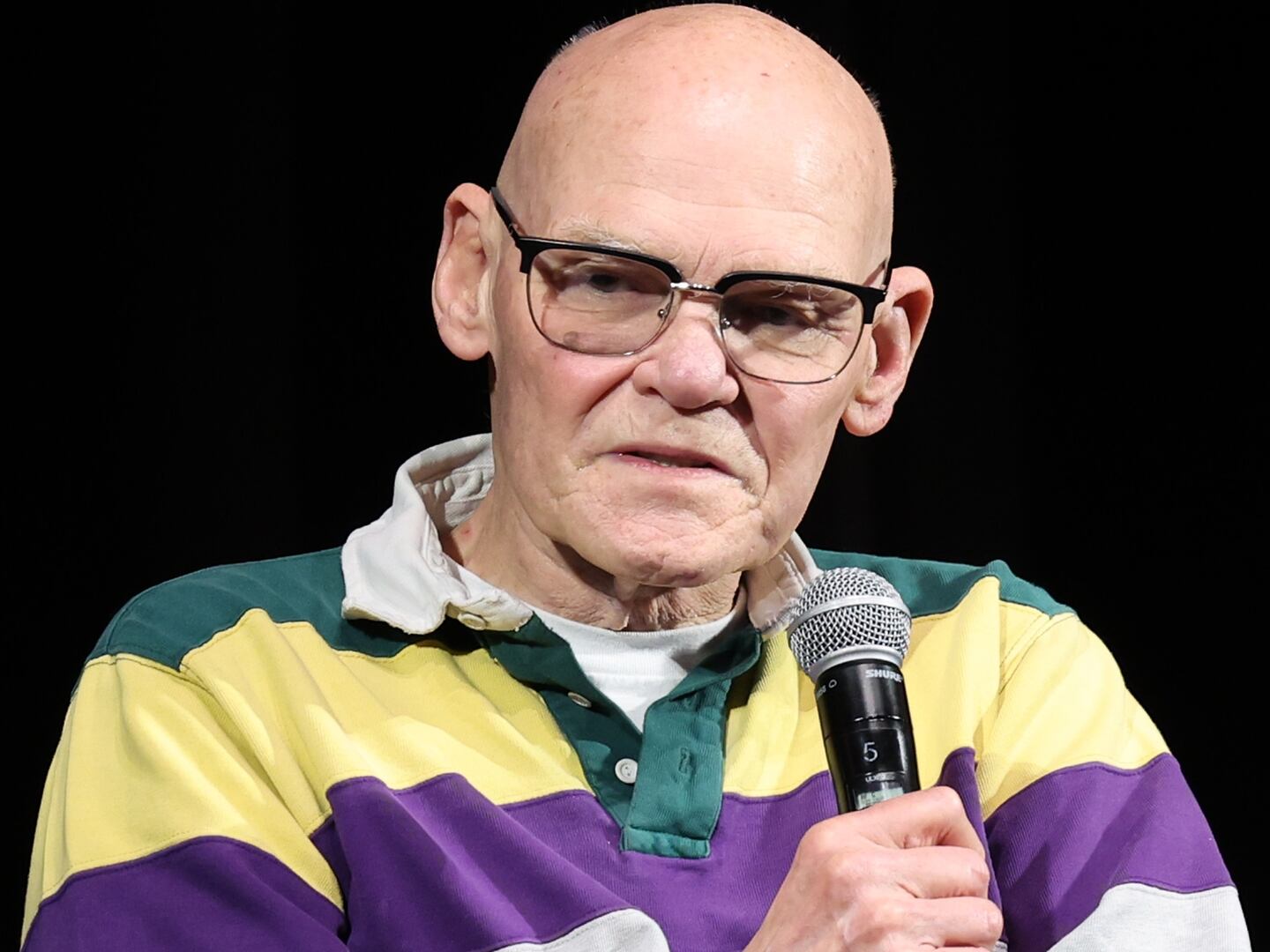Movies
Pascal Le Segretain/Getty
Marion Cotillard on #MeToo and Motherhood: ‘Sometimes Movies Can Open People’s Minds’
FANTASTIQUE
The Oscar-winning actress spoke to Richard Porton at Cannes about her new film ‘Angel Face’ and the #MeToo backlash in her native France.






